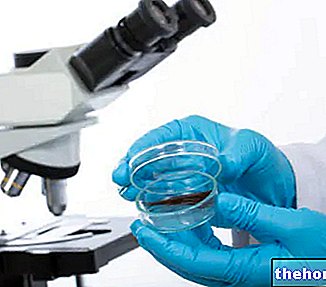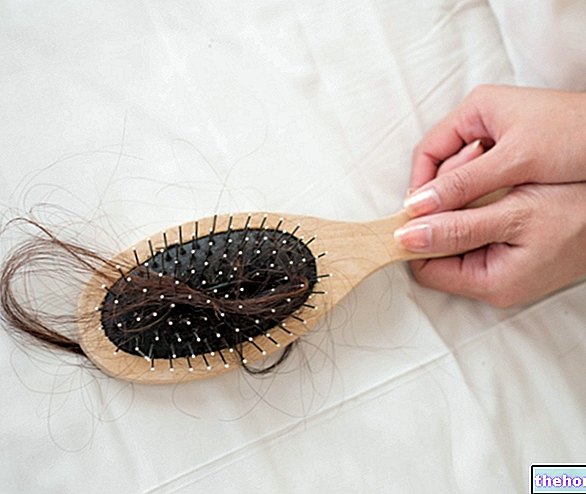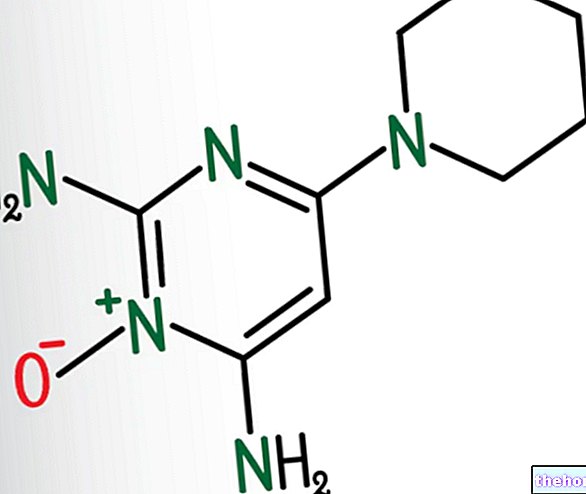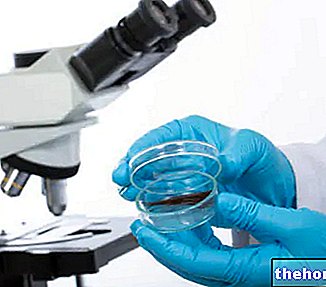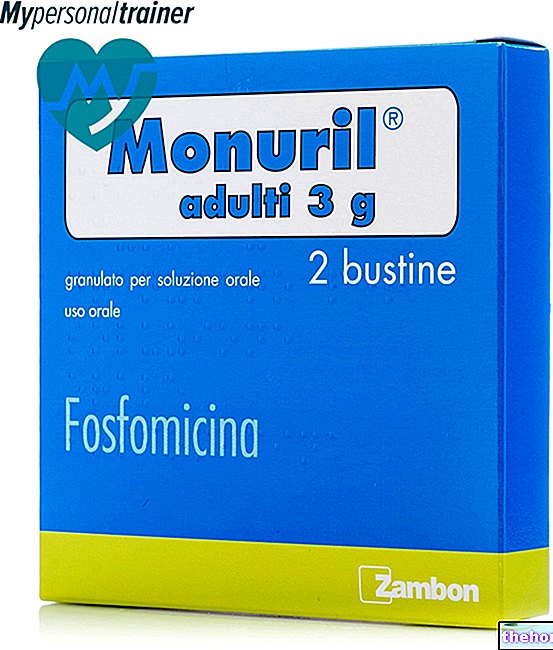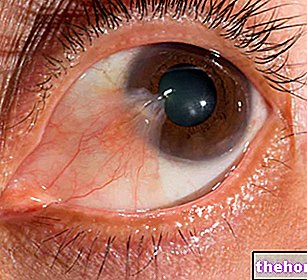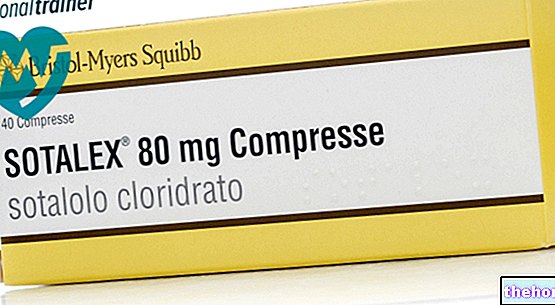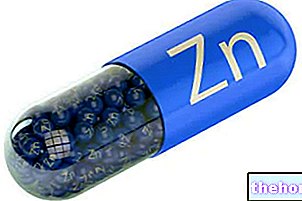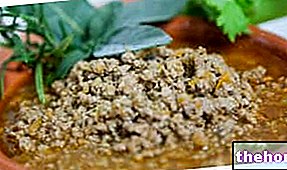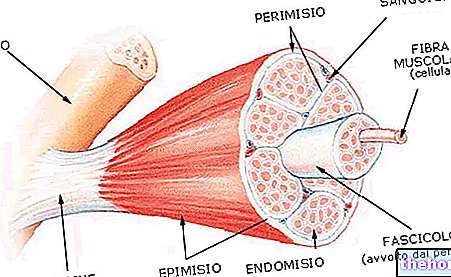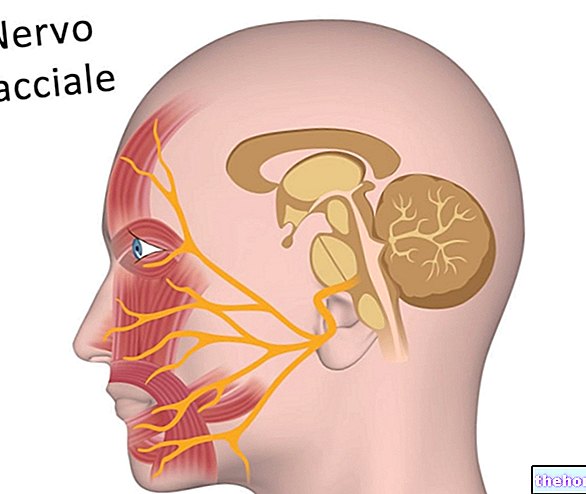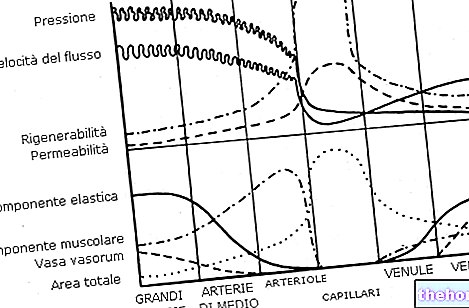Generality
The use of green tea against hair loss seems to be a potentially effective practice that can offer an alternative remedy to combat this disorder. In particular - as confirmed by several studies conducted on the subject - it can prove useful when hair loss it is caused by androgenetic alopecia.

Mechanism of action
Green tea can be useful for combating hair loss by virtue of its richness in flavonoids, vitamins, trace elements, catechins and other substances with antioxidant activity, both when applied to the scalp in the form of hydro-alcoholic extract, and when taken directly orally as an aqueous extract (infusion).
Green tea can prove to be a valid aid against hair loss also and above all for its ability to inhibit the activity of the type I 5-alpha-reductase enzyme, an action ascribed in particular to the polyphenols epigallocatechin-3-gallate and epicatechin- 3-gallate.
Type I 5-alpha-reductase is expressed in particular in the hair follicles and is the enzyme responsible for converting testosterone into dihydrotestosterone (DHT). It is this latter compound that causes the miniaturization of hair follicles in the " androgenetic alopecia, which inevitably follows hair loss.
Through the action of epigallocatechin-3-gallate and epicatechin-3-gallate - demonstrated in vitro and on animal models (see bibliography) - green tea could help to normalize sebaceous secretion, counteract the fall of hair and promote its regrowth.
Topical applications of these catechins could be adopted in the future as natural alternatives to synthetic drugs (such as dutasteride and finasteride) still used against androgenetic alopecia.
In this sense, green tea joins the long list of natural substances and extracts that have shown inhibitory activity against the 5-alpha-reductase enzyme, including Serenoa repens, African pigeo, nettle root, capsicin contained in chilli and gamma-linolenic acid.

The image shows the comparison between the structure of finasteride - the drug currently most used in the treatment of androgenetic alopecia (main cause of hair loss) - and the structure of the active substances of green tea that have shown the same inhibitory effect in comparisons of the type I 5-alpha-reductase enzyme.
Other properties
In addition to the potential ability to combat hair loss, green tea infusion - again thanks to its high antioxidant content - can perform other beneficial functions for the hair.
In fact, if applied in the form of a pack or if used to rinse, it can help strengthen the hair, giving it a healthier and brighter look.
Bibliography
Hiipakka, R.A., Zhang, H.Z., Dai, W., Dai, Q., Liao, S., 2002.
Structure – activity relationships for inhibition of human 5alpha-reductases by polyphenols. Biochem. Pharmacol. 63, 1165–1176.
Phytomedicine. 2007 Aug; 14 (7-8): 551-5. Epub 2006 Nov 7. Human hair growth enhancement in vitro by green tea epigallocatechin-3-gallate (EGCG). Kwon OS, Han JH, Yoo HG, Chung JH, Cho KH, Eun HC, Kim KH.
Effects of topical application of EGCG on testosterone-induced hair loss in a mouse model.
Kim YY, Up No S, Kim MH, Kim HS, Kang H, Kim HO, Park YM.
Exp Dermatol. 2011 Jul 27. doi: 10.1111 / j.1600-0625.2011.01353.x.

